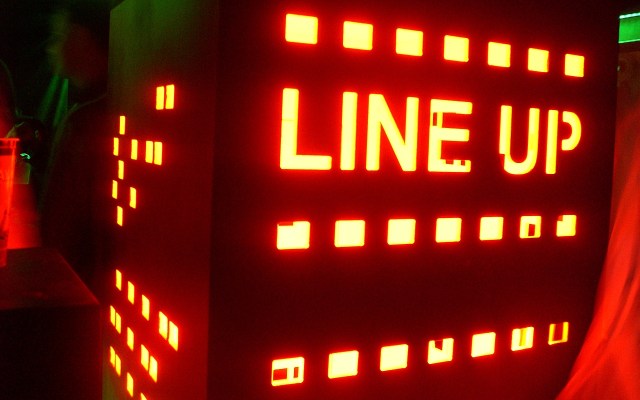The UK’s Seatwave, a platform for secondary ticket purchases — where people or venues can post live event tickets for resale — is today announcing an acquisition that will take the company further into the primary ticket market and music discovery and the U.S. market: it’s buying Timbre, a Boston-based startup and mobile app of the same name that lets users search for live music and then buy tickets to attend shows.
Financial terms of the deal are not being disclosed, except to note that the acquisition was a mixture of cash and shares. Timbre, founded in 2012, has raised some $720,000 and has seen a lot of viral interest in the app after first starting out as a hackathon project at app studio Intrepid. It has had some 400,000 downloads to date. (Intrepid and the team there are not part of the acquisition.)
Seatwave, founded in 2006, has raised some $53 million, and sees “well over 1 million monthly uniques,” according to its CEO. Among the companies’ investors, the two share one in common: Atlas Venture. This is Seatwave’s first acquisition in the U.S., and second overall.
The purchase actually closed in Q1, and Seatwave is timing the announcement of it today with the launch of a new Timbre app in the UK with details of some 18,000 concerts and gigs, with the ability to buy tickets for them. Ajay Chowdhury, Seatwave’s CEO, tells me that next up with be a refresh of the Timbre app in the U.S.
While Seatwave plans to continue to keep the brands independent for now, what the acquisition will do is make it easier to merge certain features of the two together. For example, while the Timbre app may give you details of a sold-out Prince show, you would be able to find tickets for it, potentially, via a reseller on Seatwave’s platform.
“This gives us a chance to also be involved in pre-event discovery,” says Chowdhury, a former chairman of Shazam who took on the CEO role in September 2013 after Seatwave’s founder Joe Cohen stepped down (but stayed on as chairman). On a more practical, business level, it also helps Seatwave grow its margins by using its own properties to sell tickets directly.
It also puts the company into closer competition against another wave of music and live event startups like YPlan and Songkick, which both sit in the earlier part of the cycle by giving people a heads up on what’s going on nearby, soon or according to interests that you’ve defined.
Chowdhury points out that today Seatwave actually works with both of those companies and doesn’t see the Timbre buy as a sign that they will all be directly competing. “With YPlan only one or two events might be music-related, and with Songkick it doesn’t cover the long tail of music,” he says.
All the same, it’s getting more crowded in the foyer.
So perhaps unsurprisingly, Chowdhury says that the next area that Seatwave would like to tackle is “post-event” sales and services.
This could mean merchandise sales, or offering tickets to related events, and linking up people in conversations with each other around events they may have attended together. Whatever form it will take, Chowdhury says it will likely be a turn back to something built in-house, under its now-newly expanded developer team, rather than acquired from somewhere else.
Image: Flickr
